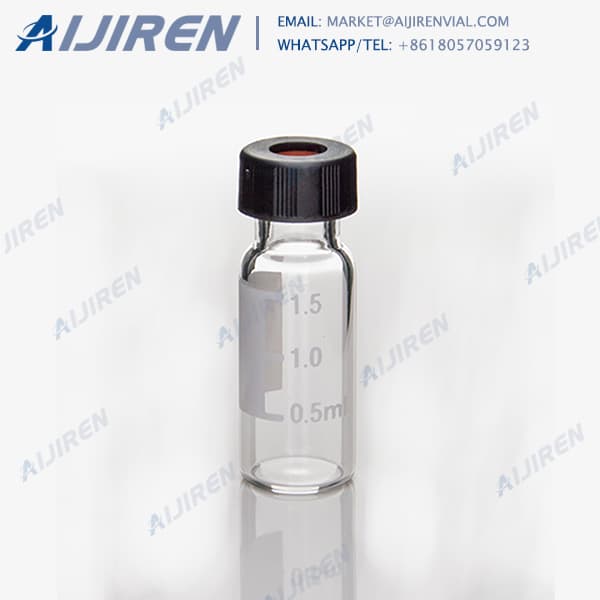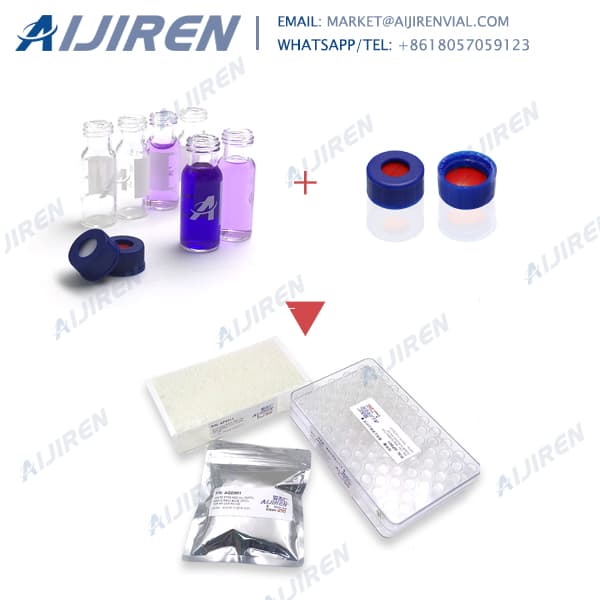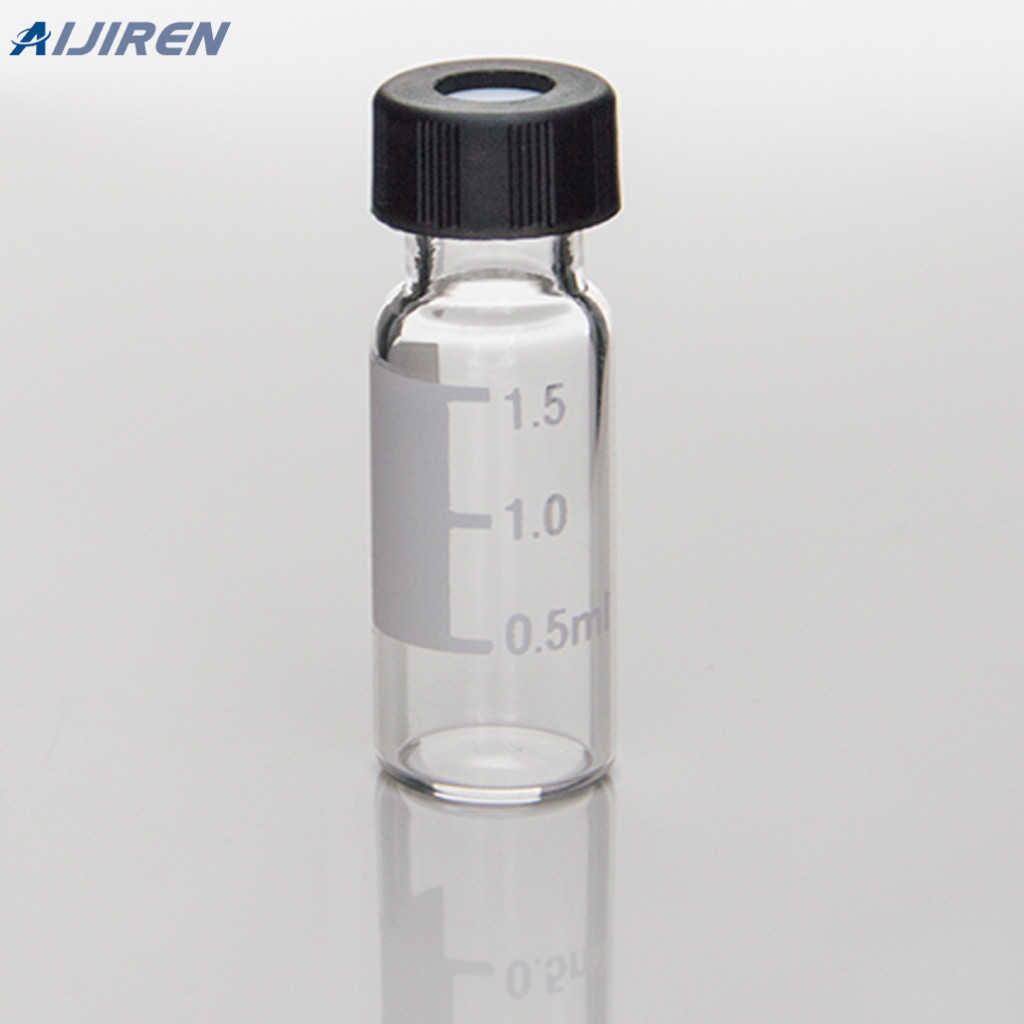Thermo Scientific Chromatography Columns and Consumables Thermo Scientific™ Chromacol GOLD™ glass quality, a low expansion high purity glass with.

Thermo Scientific Chromatography Columns and Consumables Thermo Scientific™ Chromacol GOLD™ glass quality, a low expansion high purity glass with.

2ml sample vials are made of high-quality borosilicate glass, low content of free ions, low coefficient of expansion, and very high chemical resistance.

Mar 30, 2012 From a quality point of view, both types of glass are equally suitable for use as an autosampler vial for chromatography. When manufacturing ...

LOW EXPANSION COEFFICIENT - 9mm Screw Thread Autosampler Vials are made of clear Type 1, Class A Borosilicate Glass with very low expansion coefficient.

High Quality HPLC Vials. Order Online, Call or Request a Quote. HPLC and GC vials. Compatible with most autosamplers. Ensure the most accurate analysis.

In ion-pair chromatography, the concentration of Q.: Both of these phenomena have a common factor: low ... silanols on the surface of glass vials.

We've Done the Research for You. Learn More About Our Products Today! Expect higher recoveries, cleaner extracts, and faster sample preparation

Borosilicate - A glass that is high in silicate and having at least 5% boron oxide. Linear Coefficient of Expansion - Fractional change in length of glass

Autosampler vials are usually made from clear or amber glass, both of which are highly inert. Amber glass helps protect more sensitive samples from exposure to

Glass vials with graduation. Vials play a significant role in analytical analysis and result reproducibility. Vials must be inert and free of extractables or

Erlenmeyer Flasks are manufactured from high quality, borosilicate 3.3 glass. A low coefficient of thermal expansion (3.3), provides temperature resistance ...

Jul 1, 2016 When you think of a vial, you probably consider a small container composed of ... Some budget vial glass has a linear coefficient expansion.

A thorough explanation would require a semester in physics, studying density's relation to structural integrity and coefficients of thermal expansion,

The common type of borosilicate glass used for laboratory glassware has a very low thermal expansion coefficient (3.3 x 10−6/K),[5] about one-third that of

The coefficient of expansion generally indicates the thermal endurance of the glass. Glasses with a low linear coefficient of expansion can be subjected to